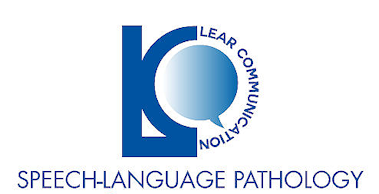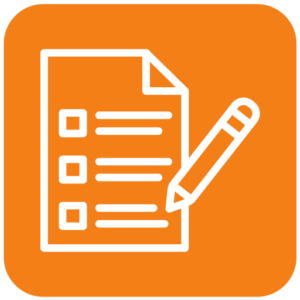Acquired Brain Injury
A traumatic brain injury (TBI) is a disruption in normal brain function caused by an external force, such as a blow, jolt, or penetrating injury to the head. The severity of a TBI can range from mild (concussion) to severe, affecting cognitive, physical, emotional, and behavioral functions.
Three common forces can lead to brain cell injury:
- Direct Impact: A blow to the head, such as being cross-checked into the boards in hockey or falling and hitting your head on the stairs.
- Sudden Deceleration: A rapid stop, like in a car accident where the seatbelt prevents your head from striking the steering wheel, but your brain still moves within the skull, colliding with its inner surface.
- Rapid Spinning Motion: High-speed accidents involving rolls or spins can cause rotational forces that strain and damage brain tissue.
These forces can result in a range of cognitive, physical, and emotional challenges, depending on the severity of the injury.
Signs of Brain Injury
Brain injury symptoms vary due to the brain’s complexity, affecting nearly every aspect of function. Potential impacts include:
- Physical Impairments – Poor balance, reduced hand coordination, dizziness, double vision, and more.
- Cognitive & Communication Challenges – Difficulty with attention, memory, word retrieval, organization, and impulsivity.
- Emotional Changes – Struggles with anger control and mood regulation.
In fact, 80–100% of individuals with a brain injury experience cognitive-communication difficulties. Many of these challenges can be subtle and may not become apparent until weeks or months after the injury.
Our Treatment Includes
Speech-language pathologists have specialized expertise in the connection between cognitive and language skills. They can help retrain abilities and teach compensatory strategies to navigate challenges effectively. Areas they address include:
- Attention & Concentration – Improving focus and mental endurance.
- Comprehension – Enhancing the ability to follow directions, understand jokes or sarcasm, remember information, and follow movie plots.
- Reading Retention – Strengthening skills to understand and remember details from books and articles.
- Expressive Communication – Helping individuals articulate thoughts clearly and find the right words.
- Writing Skills – Supporting effective written communication.
- Social Communication – Improving the use of facial expressions, conversational turn-taking, and topic transitions.
- Reasoning & Problem-Solving – Developing skills to identify relevant information, compare options, predict outcomes, and generate solutions.
Speech-language pathologists tailor their approach to each individual’s needs, promoting confidence and independence in daily life.
Self-Directed Techniques
Brain injuries often lead to complex and sometimes subtle cognitive-communication challenges, making professional support essential. However, there are strategies you can use on your own to enhance your skills:
✅ Memory: Use checklists and day planners, and make it a habit to review them consistently.
✅ Reading Comprehension: Highlight key details and write short summaries after each page to reinforce understanding.
✅ Reasoning: Organize ideas into categories on paper to better compare options and make decisions.
For personalized guidance tailored to your specific needs, consult a speech-language pathologist.






